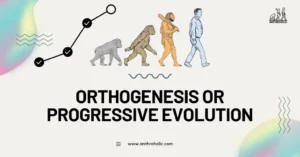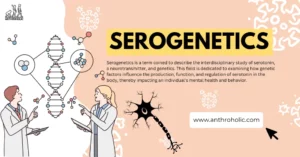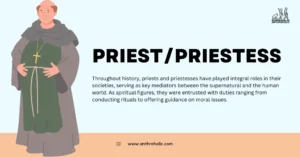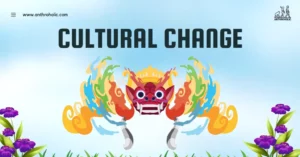AI Answer Evaluation Platform Live Now. Try Free Answer Evaluation Now
Oral Literature
Oral literature, as the term implies, refers to the cultural material and tradition transmitted orally from one generation to another [1]. The messages or testimony are verbally transmitted in speech or song and may take the form of folktales, ballads, songs, chants, proverbs, or folklores. From an anthropological standpoint, oral literature has been a crucial tool for understanding the cultural, social, and historical contexts of diverse societies.
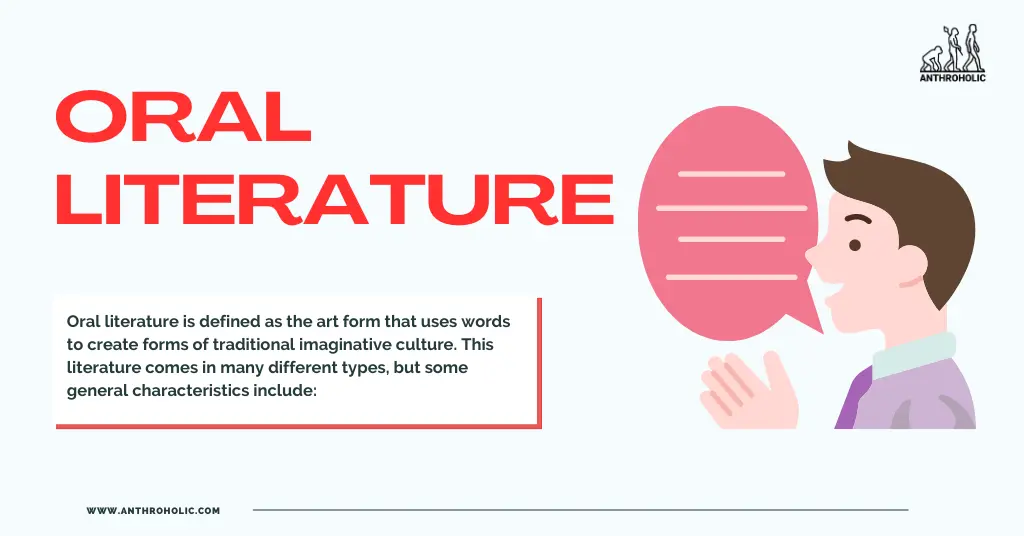
Understanding Oral Literature
Definition and Characteristics
Oral literature is defined as the art form that uses words to create forms of traditional imaginative culture [2]. This literature comes in many different types, but some general characteristics include:
- Memorability: These narratives typically include repetition, alliteration, and other mnemonic devices to aid in retention.
- Verbal artistry: Oral literature is usually marked by a high degree of verbal artistry.
- Formularity: Oral narratives often have a certain set structure or format they adhere to.
- Performance: They are not merely spoken or recited; they are performed and thus have a theatrical element.
| Types of Oral Literature | Description |
|---|---|
| Folktales | Stories passed down through generations often involving mythical creatures, heroes, and morals |
| Ballads | Storytelling in a song, usually of a romantic or tragic nature |
| Proverbs | Short sayings or phrases expressing universal truths and wisdom |
| Chants | Rhythmic and repetitive verses, often used in rituals and ceremonies |
| Folklore | Traditional beliefs, customs, and stories of a community, passed through generations |
Cultural and Historical Significance
Oral literature plays a crucial role in preserving cultural heritage, traditions, and wisdom. It has been a primary medium of recording history for societies without written language and remains significant even in literate societies for preserving aspects of culture that are not typically written down [3].
Anthropological Research on Oral Literature
Anthropological research on oral literature involves the study of this form of literature in its cultural context, considering the societal norms, values, and customs in which these narratives are embedded. The oral narratives offer a wealth of knowledge about the past societies’ worldviews and provide insight into the human experience across different cultures and epochs [4].
Challenges in the Field
Despite its importance, studying oral literature anthropologically poses several challenges:
- Language barriers and translation issues can potentially alter or omit nuances in the narratives [5].
- Societal biases can be reflected in the researcher’s interpretations.
- The fluidity of oral narratives means that there are often several versions of a single tale, which complicates the study and interpretation.
Methodology
Researching oral literature from an anthropological perspective typically involves:
- Fieldwork: The researcher immerses themselves in the culture being studied. This may involve living among the community and participating in their practices to gain a deep understanding of the context of the oral narratives.
- Recording and Transcription: The researcher records oral narratives, then transcribes them. This might also involve translation if the narratives are in a different language.
- Analysis: The researcher then analyses these narratives, interpreting them in the context of the wider cultural and historical backdrop.
Impact of Technology on Oral Literature
With the advent of technology, the face of oral literature has been radically changing. Here is how:
Digital Archiving
Previously, the transitory nature of oral literature posed significant challenges to its preservation. However, digital archiving offers a solution. Audio and video recordings can capture and store oral narratives, complete with their performance elements. This digital storage allows future generations access to traditional oral narratives in their original performed state.
Accessibility and Dissemination
Technology has not only made oral literature more accessible to a broader audience but also facilitated its wider dissemination. Platforms like YouTube, Podcasts, and other online mediums offer an array of oral literature from various cultures, breaking geographical boundaries.
Influence on Oral Tradition
However, the digitization of oral literature brings a significant change. Oral narratives were traditionally fluid, with each performance differing based on the performer’s interpretation and the audience’s reaction. In contrast, once a performance is recorded and disseminated digitally, it becomes a fixed representation of that narrative, altering the traditional fluidity associated with oral literature.
Oral Literature: A Living Heritage
Even with the modern age’s literacy and digital revolution, oral literature has remained a vital aspect of human culture. It continues to adapt and evolve, finding new life and forms in the contemporary world, all while holding onto the essence of the past. Oral literature’s endurance underlines the human penchant for storytelling and the shared desire to connect with our roots.
In essence, the anthropological study of oral literature opens a window into the human experience’s richness and diversity. By focusing on oral literature, we access a wealth of knowledge, wisdom, and tradition that allows us to connect the past with the present, tradition with innovation, and ultimately, humanity with its cultural heritage.
Conclusion
In conclusion, oral literature is a significant repository of societal values, norms, and history, and anthropological research in this field can offer valuable insights into past and present cultures. Despite the associated challenges, this area of research continues to be pivotal in our quest to understand the complexities of human societies through their narratives.
References
[1] Finnegan, R. (2012). Oral Literature in Africa. Open Book Publishers.
[2] Foley, J. M. (2002). The Theory of Oral Composition: History and Methodology. Indiana University Press.
[3] Vansina, J. (1985). Oral Tradition as History. University of Wisconsin Press.
[4] Leavy, P. (2017). Research Design: Quantitative, Qualitative, Mixed Methods, Arts-Based, and Community-Based Participatory Research Approaches. Guilford Publications.
[5] Briggs, C. L. (1988). Competence in Performance: The Creativity of Tradition in Mexicano Verbal Art. University of Pennsylvania Press.

